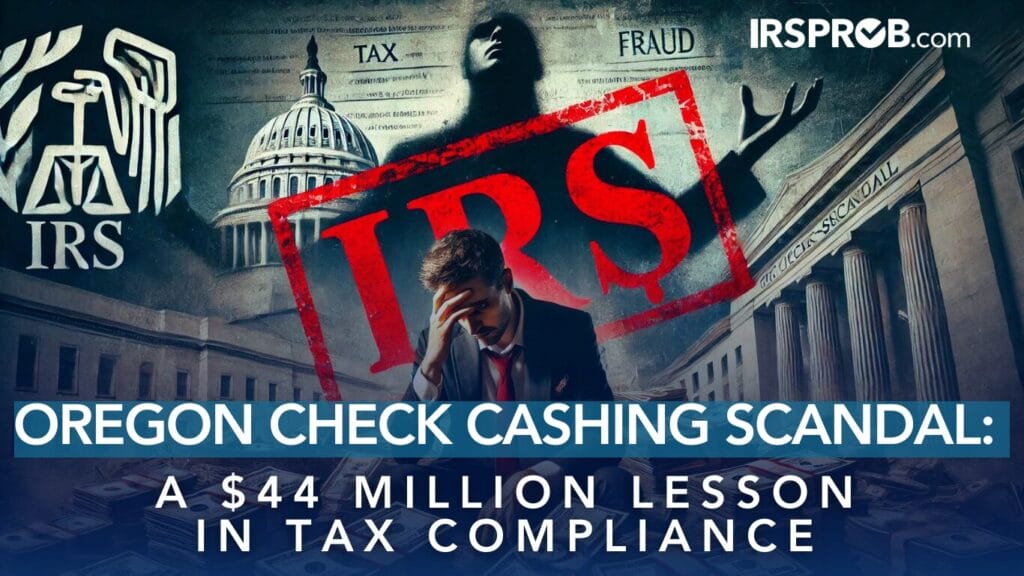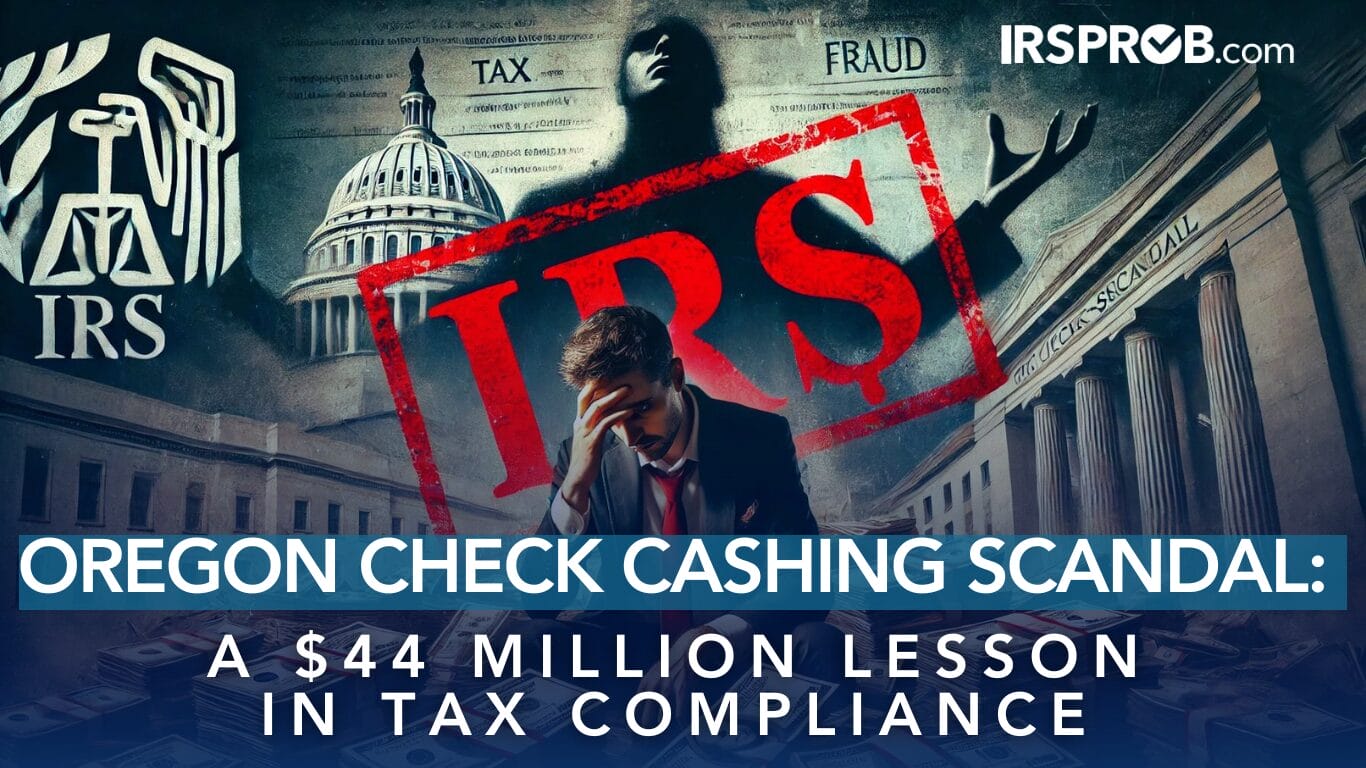
The recent conviction of David Katz, a compliance officer at a check-cashing company in Oregon, serves as a stark reminder of the consequences of fraudulent practices in payroll and tax reporting. Katz’s actions, which involved facilitating the under-the-table payment of wages for local construction companies, resulted in the evasion of more than $44 million in payroll and income taxes. This case highlights the critical importance of adhering to tax regulations and the severe penalties that can arise from non-compliance.
The Scheme
From January 2014 to December 2017, Katz allowed local construction companies to cash over $177 million in payroll checks at multiple check-cashing locations under his oversight. By turning a blind eye to the illegitimate nature of these transactions, Katz enabled these companies to pay their workers off the books, bypassing the need to report wages to the IRS.
This underground operation was highly organized. Katz would be notified in advance when companies intended to bring in large sums of payroll checks, allowing him to ensure enough cash was on hand to complete the transactions. On an almost daily basis, hundreds of thousands of dollars in payroll checks were cashed without the proper reporting to federal authorities.
In return for his cooperation, Katz received a 2% commission on all transactions, amassing more than $4 million in illegal earnings. However, the scheme ultimately unraveled, leading to Katz’s conviction. He now faces up to 15 years in prison, $500,000 in fines, and the obligation to pay restitution to the IRS.
Lessons for Business Owners
This case is a vivid illustration of the risks associated with attempting to circumvent tax laws. While the immediate financial benefits of under-the-table transactions may seem tempting, the long-term consequences far outweigh any short-term gains. The IRS has become increasingly sophisticated in identifying and prosecuting tax fraud, and the penalties for such actions can be severe, including substantial fines, restitution, and lengthy prison sentences.
Business owners should be aware that compliance with tax regulations is not just a legal obligation but also a critical component of maintaining the integrity and sustainability of their operations. The following steps can help ensure that your business remains on the right side of the law:
- Proper Payroll Reporting: Ensure that all employee wages are accurately reported to the IRS. This includes not only salaries but also any bonuses, commissions, or other forms of compensation.
- Timely Tax Payments: Make sure that payroll taxes are paid on time. This includes federal income tax withholding, Social Security and Medicare taxes, and unemployment taxes.
- Regular Audits: Conduct regular internal audits to ensure compliance with all tax laws. This can help identify any discrepancies or areas of concern before they escalate into legal issues.
- Consult with a Tax Professional: Engage with a qualified tax advisor who can provide guidance on tax compliance and help navigate complex tax regulations. This is especially important for businesses that operate in industries with specific tax considerations, such as construction.
Conclusion
The case of David Katz is a sobering reminder of the severe consequences of tax fraud. For business owners, it underscores the importance of maintaining strict compliance with tax laws and regulations. By following best practices for payroll reporting and tax payments, and by seeking professional advice when needed, businesses can avoid the pitfalls that led to Katz’s downfall and ensure their operations remain legitimate and sustainable.
Remember, the IRS is vigilant in its pursuit of tax evasion, and the penalties for non-compliance can be life-altering. Don’t let short-term gains lead to long-term losses. Stay compliant, stay informed, and protect your business’s future.








